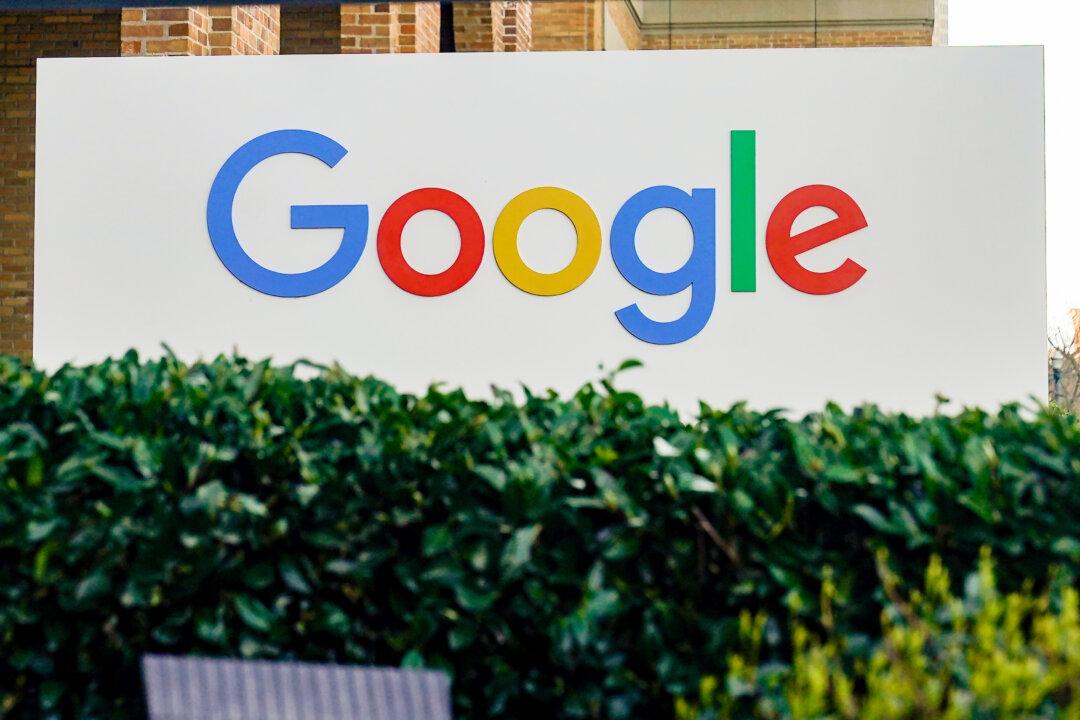Canada is one of the few countries in the world that does not have access to Google’s new artificial intelligence (AI)-based chatbot Bard, as the company’s war of words with the federal government over the Online News Act drags on.
Google announced in a blog post on July 13 that it was expanding Bard to 230 countries and territories, but Canada is absent from that list. Other countries that have been left out include Russia, China, and North Korea.





